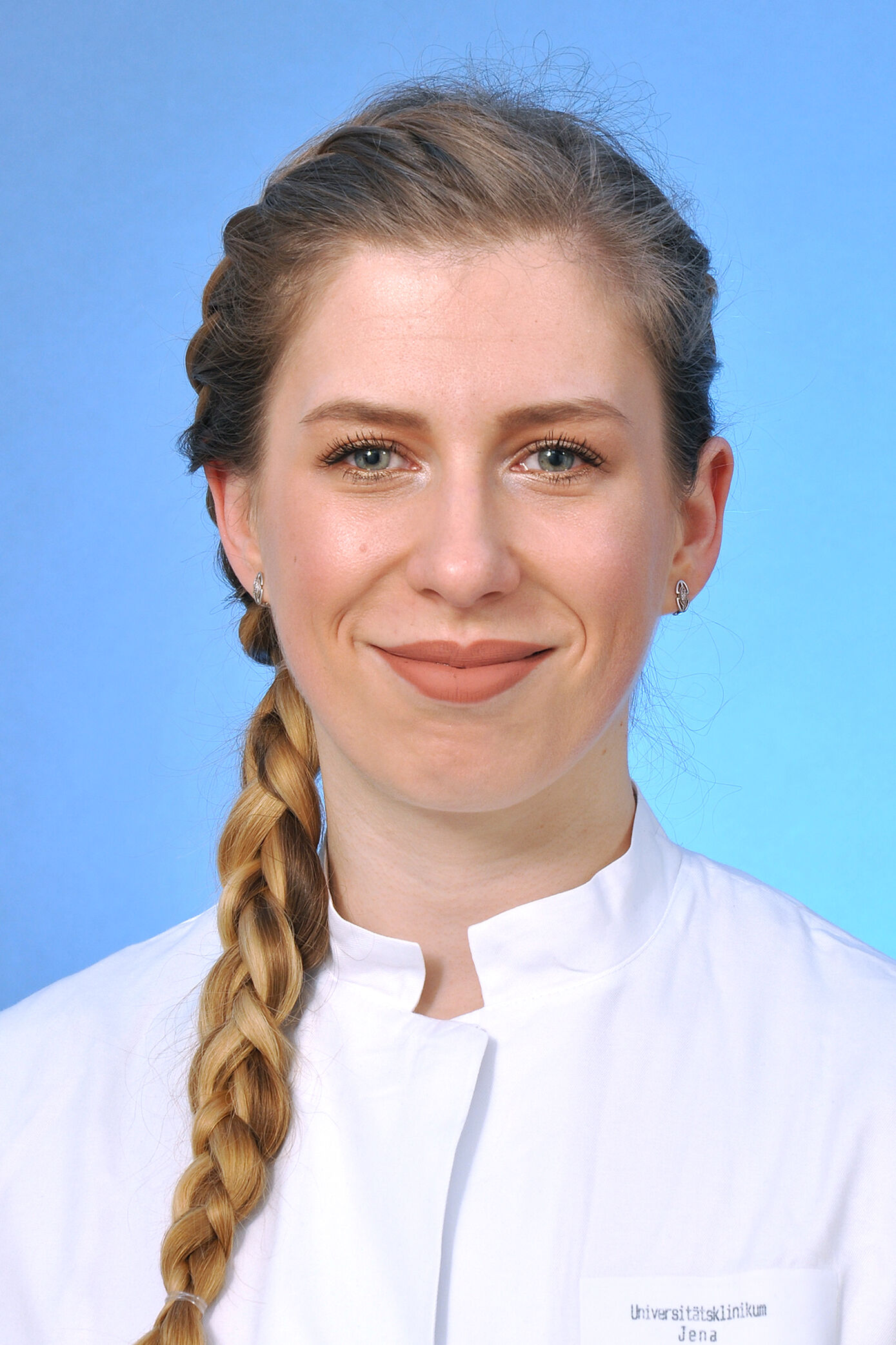Rotationsstelle 2018
Thema: "ASXL I and DNMT3A mutations in chronic myeloid leukemia"
Zusammenfassung:
Recent studies have revealed the important role of impaired epigenetic mechanisms to different hematologic malignancies. The most frequently mutated epigenetic regulator genes are ASXL l and DNMT3A. Because of its significance in pathogenesis of haematologic malignances and the potential for target medication, mutations within these genes are nowadays one of the main subjects in the field of epigenetic medical research.
ASXL l is a member of the polycomb family of proteins and able to both silence and enhance gene expression by chromatin remodelling. DNMT3A belongs to the DNA methyltransferase family and is involved in de novo methylation of cytosine residues. Mutations within both of these genes are described as possibly contributing factors to leukemogenesis by changing global methylation level.
Preliminary work in the research group of PD Dr. Ernst has shown that ASXL l and DNMT3A were among the most frequently mutated epigenetic regulator genes within a cohort of 100 CML patients (CML-V study, TIGER). These patients are already undergoing therapy with the tyrosine kinase inhibitor nilotinib, which approval for medical use improved the prognosis for CML patients dramatically. However, the fact that some of these patients also acquire mutations within epigenetic regulators, brings up the possibility of including demethylating agents, such as 5-azacytidine, for a better therapy response or treatment-free remission.
The aim of this research project is to further investigate the functional consequences of ASXL l and DNMT3A mutations in CML. As a study cohort, patients from the CML-V study (TIGER) with previously detected mutations will be selected: ASXLl mut (n=12); DNMT3A mut (n=4). Clonal architecture of mutations will be investigated using colony assays. Consequences of ASXL l and DNMT3A mutations on mRNA expression level will be analyzed by quantitative RT-PCR. The effect on global methylation level will be analyzed by Alu-I and LINEl methylation assays. The clinical impact of ASXL l and DNMT3A mutations will be analyzed based on the achievement of a molecular remission (MMR) at month 18 according to the study protocol. Finally, the impact of the demethylating agent 5-azacytidine alone and in combination with tyrosine kinase inhibitors (TKis) will be investigated in vitro using CML cell line models with and without ASXL1/DNMT3A mutations.
These investigations should allow conclusions to be drawn on a previously unknown fact, whether CML patients with acquired epigenetic mutations could potentially benefit from including demethylating agents in their therapy. Improved understanding of epigenetic dysregulation could also be valuable for developing new therapies in CML.
The planned research work will be done in the research group of PD Dr. med. Thomas Ernst (Dept. of Hematology and Interna! Oncology of the Department ofinternal Medicine II, UKJ, Head: Prof. Dr. med. Andreas Hochhaus)


